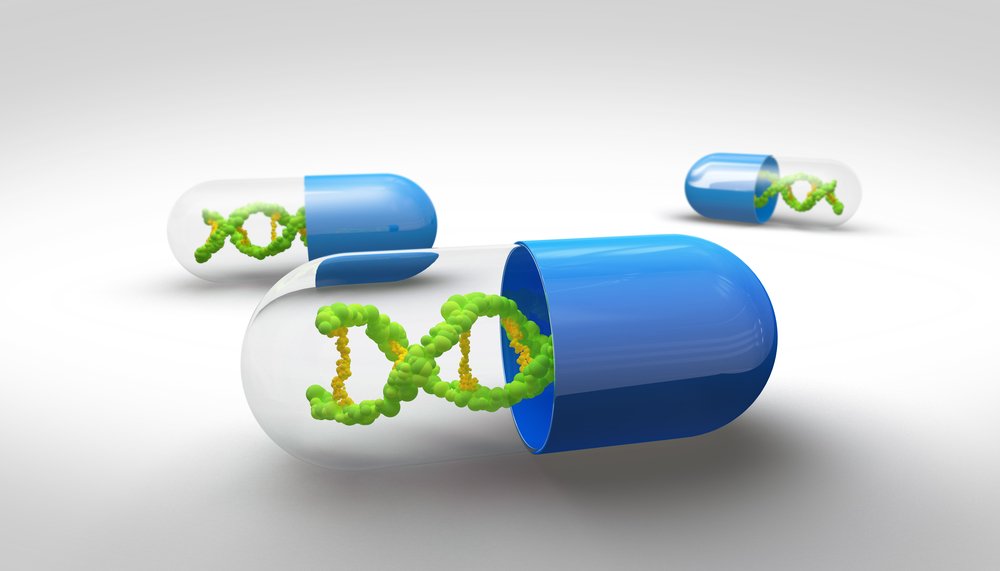New Version of Possible Gene Therapy for Hemophilia B, SPK-9001, Enrolling More Patients in Trial

An ongoing Phase 1/2 clinical trial evaluating a gene therapy, SPK-9001, in people with hemophilia B is expanding its enrollment by up to five more patients, who will be given a new version of the therapy, its developer announced.
One patient in this group has already received SPK-9001 produced under a new, enhanced protocol and is now around 35 weeks post-infusion. Results obtained from these patients will confirm if the new manufacturing process produces a product with results comparable to those seen in the first 10 patients treated in the trial.
The Phase 1/2 clinical trial (NCT02484092) is taking place at sites in the U.S., Australia and Canada. Enrollment and other information is available by clicking on its identification number.
SPK-9001 is being developed by Spark Therapeutics in collaboration with Pfizer to help patients with hemophilia B produce the clotting factor IX, which they lack. It has received PRIME status from the European Medicines Agency (EMA) and Breakthrough Therapy Designation from the U.S. Food and Drug Administration (FDA).
“Early data on the 11th participant suggest potential clinical comparability with the preliminary safety and efficacy results seen with the initial 10 trial participants, who all have discontinued routine infusions of factor IX concentrates,” Katherine A. High, MD, president and head of Research and Development at Spark Therapeutics, said in a press release.
Those early results, collected on the patient 32 weeks after therapy infusion, showed a response similar to that reported in the initial 10 patients.
Levels of the clotting factor IX increased to the same range reported previously for SPK-9001, reducing to zero the number of prophylactic intravenous factor IX infusions needed during this period.
Data on seven patients who finished one-year follow-up showed that SPK-9001 induced a sustained and consistent response, independently of the patient’s initial characteristics. Treated patients did not require additional prophylaxis (preventive) therapy during this period, with near complete elimination of bleeding and factor IX use. All patients also reported an overall improvement of quality of live.
These results and more recent data involving all 11 treated patients on will be presented by Lindsey A. George, attending physician in the Division of Hematology at Children’s Hospital of Philadelphia, at the 59thAmerican Society of Hematology (ASH) Annual Meeting & Exposition, to be held Dec. 9-12 in Atlanta.
George will discuss results of the study, “Spk-9001: Adeno-Associated Virus Mediated Gene Transfer for Hemophilia B – 1 Year Follow up and Impact of Baseline Characteristics on Transgene-Derived Factor IX Activity and Persistence.”
The new SPK-9001 manufacture process will be the responsibility of Pfizer, which plans to advance SPK-9001 treatment into a Phase 3 clinical trial. Pfizer is also assuming responsibility for further SPK-9001 clinical development, and possible requests for regulatory approval and commercialization. Spark and Pfizer entered into a collaboration agreement in December 2014 covering the SPK-FIX program, which includes SPK-9001.
“We look forward to transitioning this program to Pfizer and potentially bringing to market this one-time investigational gene therapy for patients with hemophilia B, who otherwise rely on frequent infusions of factor IX to control and prevent bleeding episodes,” High said.






